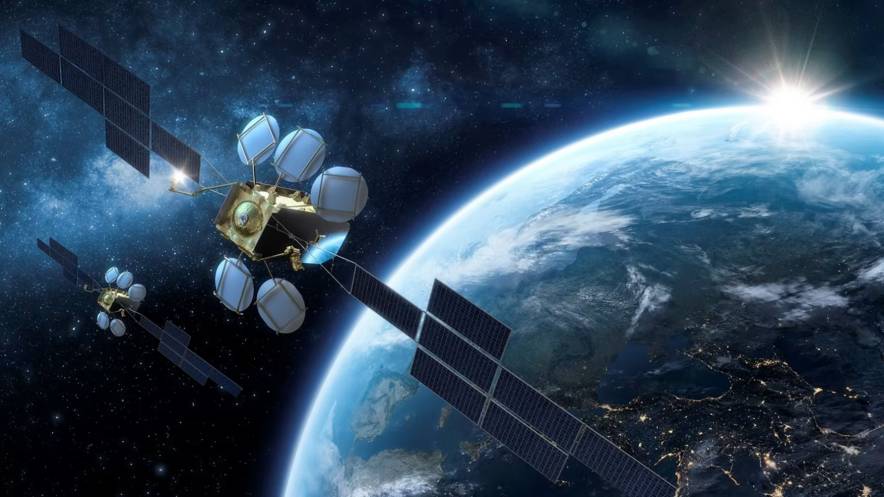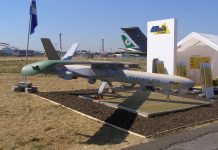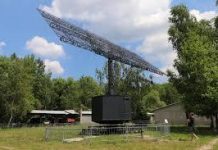
Finland-based ICEYE is poised to play a critical role in securing Europe’s own satellite-intelligence capabilities, reducing dependence on the United States, according to Joost Elstak, the company’s Vice President for Missions.
Interest in ICEYE’s technology grew across Europe after Russia’s 2022 invasion of Ukraine, but Elstak told Defense News that the turning point came in March 2025, when the U.S. temporarily stopped sharing intelligence with Kyiv. That event, he said, highlighted how essential it is for Europe to have autonomous access to space-derived intelligence.
“It demonstrated that nations need their own capabilities, supported by a robust network of partners,” he said. “Relying on a single source—no matter who it is—is not sustainable.”
A February Defense News survey found that space-based intelligence, surveillance and reconnaissance (ISR) was considered the most challenging domain for Europe to become self-sufficient in. Many defense experts predicted it would take Europe between five and ten years to develop the necessary capacity to operate without U.S. support.
Since then, and particularly following the U.S. intelligence-sharing pause, ICEYE has reached agreements with the militaries of Poland, Portugal, the Netherlands and Finland. All four nations are expected to have their own operational systems within a year, and several satellites in orbit by 2028, Elstak noted.
He pointed to the Netherlands as proof that rapid progress is possible: ICEYE delivered the Royal Netherlands Air Force’s first satellite within four months of signing the contract in June, and all four satellites ordered should be active within two years.
“So this is achievable,” he said.
ICEYE has supplied radar-satellite data to Ukraine since 2022, even throughout the U.S. pause. That experience helped the company fine-tune its defense offerings, said Elstak, who joined the firm in 2023 after leaving Airbus.
With its expanding list of military clients and growing role in Europe’s defense-intelligence ecosystem, ICEYE is steadily evolving into “a full-fledged defense-intelligence company,” Elstak added.




